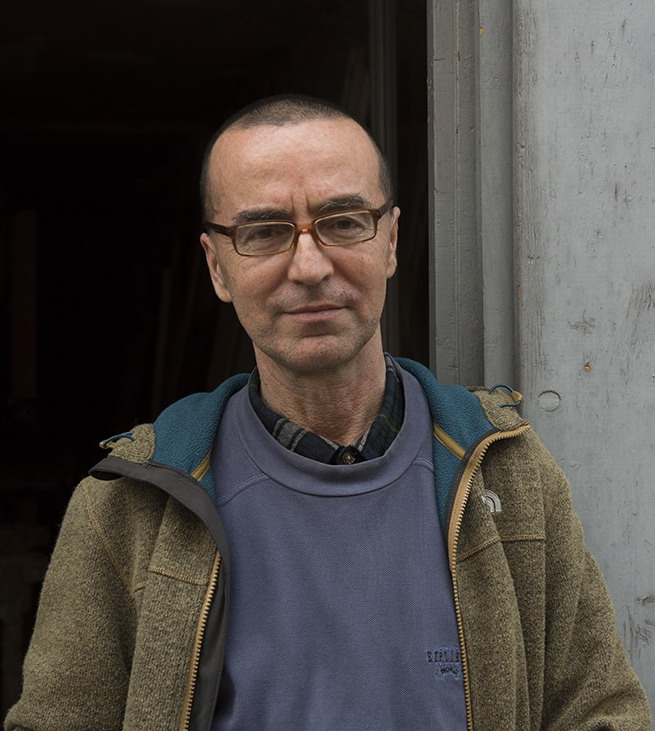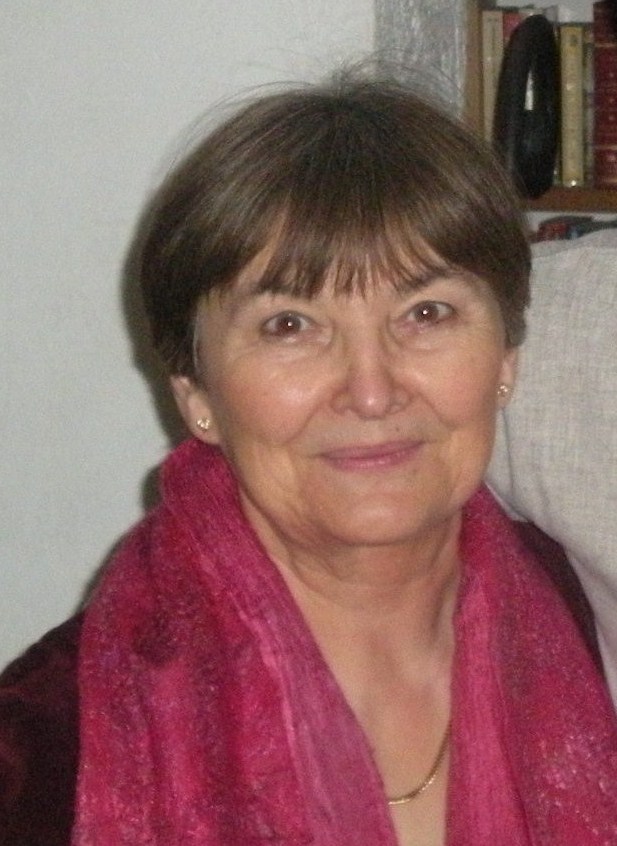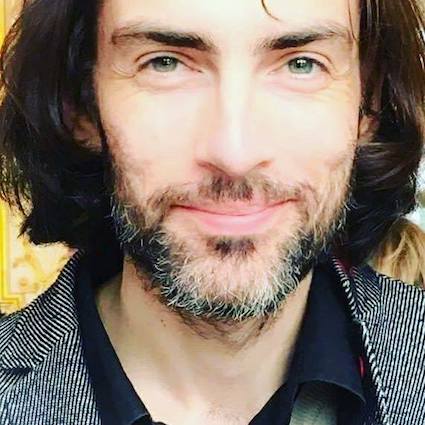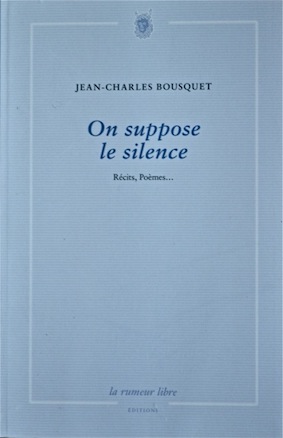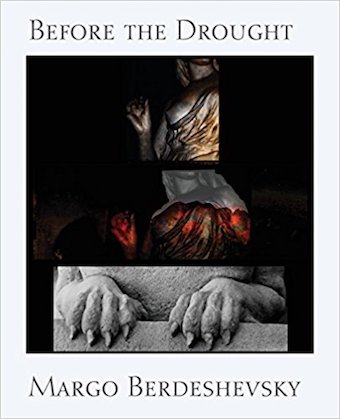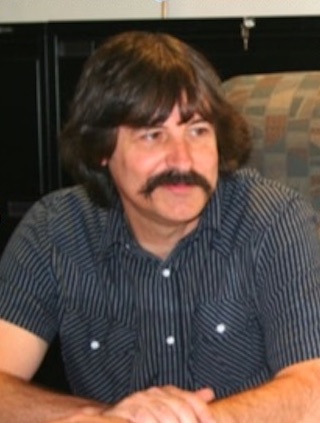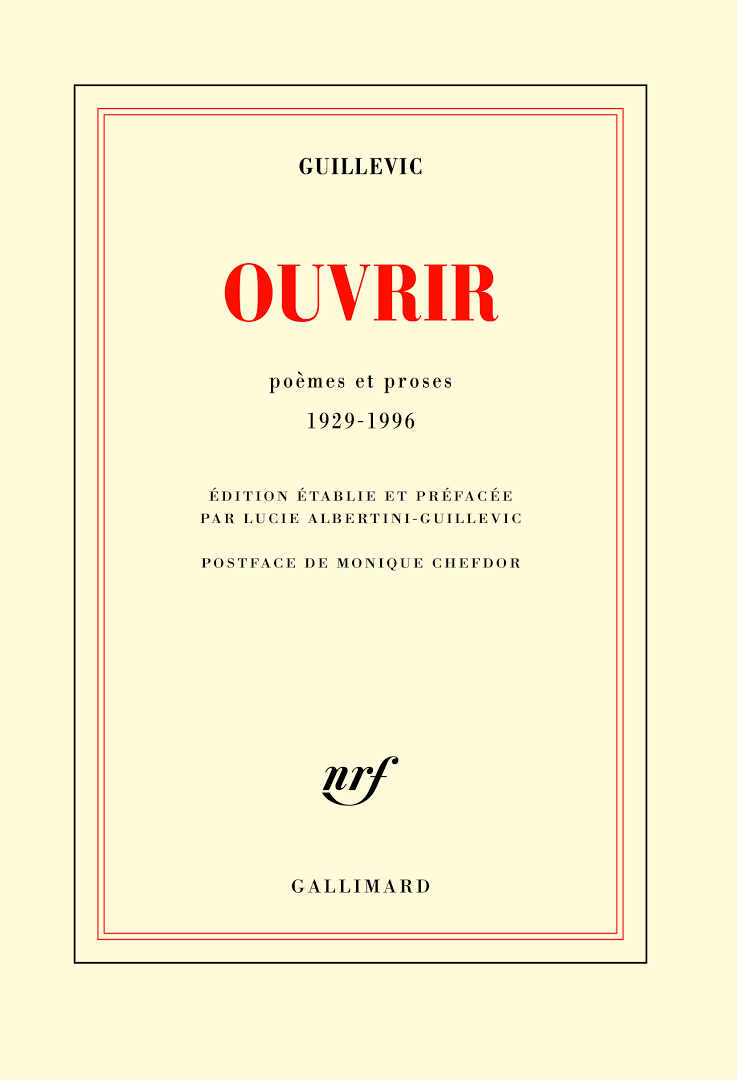Recently appeared WHEN I GO BLIND by the Danish author Niels Hav in Dutch translation. Finally, for Hav is a fascinating poet, who already is published in English, Italian, Arabic and Chinese. Now when his poems through the efforts of the translator Jan Baptist are available in book form in the Low Countries, it was high time for Meander to make an email interview with the Dane.
Sander de Vaan : Where do you “stand” in contemporary Danish poetry ? (compared to your Danish colleagues)
Niels Hav: I was born on the west coast, far from the capital where I live today. So in some sense I’m a newcomer here, like the Arabs, Pakistani and Turkish’s immigrants living in my neighborhood. I spoke a rural dialect when I was a kid. Of course I belong to the literary landscape in Denmark, but I never had the feeling of belonging to any generation or movement in Danish poetry. I arrived with completely different experiences than the urban poets. I remember what joy it was when I first came across poems of Ted Hughes and Seamus Heaney for example, they wrote in a larger space than the urban ghetto and on experiences with nature and animals that I could immediately recognize. Today I am a downtown dove and feel at home in Copenhagen, but maybe it’s still there I stand, as kind of an outsider who also have other relationships and belong in other contexts.
SdV : In ‘My Fantastic Pen’ you write: “Poetry is not for sissies!” Does this express also your personal view on poetry ?
NH : That’s a good question with multiple levels. Poetry is of course for everyone, poems are addressed to just anybody. But here I am talking about the profession, the craft, the daily practice of writing poetry. It may require courage and stamina to work in this branch. And a willingness to renounce private lyricism and the unbridled emotionalism, which always threatens to drown poetry. The characteristic of good poets is, all the bad poems, they never write.
What I mean is: poetry contains elements of music and fun, but not only that. Time passes, we live and die. The world is on fire. Politics, bombs, ideology and religion ravaging the globe. This is what the adults are talking about — and in its innermost core the challenge for art is to join this conversation. To find out and understand what’s going on, and if possible to say things as they are.
So, yes, poetry — the profession — is not for sissies. You have to face yourself and look reality, God, or what it is, directly into the eyes. Poetry’s first duty is to be an intimate talk with the single reader about the deepest mysteries of existence.
SdV : Is there any other poet who, according to you, has come really close to an ‘understanding’ of what’s going on with his poems? (if so, maybe you can cite some verses too ?)
NH : There are many great poets, some have written a handful of excellent poems full of insight on fundamental questions in life. But in our culture there may be a tendency to isolate poetry in a special ghetto. A poet who talked seriously about essential things and insisted on poetry’s general relevance is Czeslaw Milosz. In 2011 his 100-year anniversary was celebrated, not only in Poland but on several continents. I think it’s because he deeply reflected issues that are still current. But if I should quote a poet here, it could be the Chinese poet Li Bai (701–762). He said something about the importance of poetry and no one could say it better today:
“Perfect poems are the only buildings
there always will be standing.
Where are they now the proud palaces,
once towering here ?
When the power is in me my brush
shakes five holy mountains.
What does it concerns me all the things
people want of glory, power, richness and honour –
what is that against writing poetry ?
Before I kneel for them the yellow river
should flow in the direction of its sources.”
SdV : Could you tell us something about the origin of the poem ‘Visit from My Father’, with these marvellous lines: “On my bulletin board hang seventeen bills./ Throw them away,/ he says, they’ll come back again!” and how it was created ?
NH : My father was a farmer and sexton (he looked after the cemetery in the village), economics was not his hobby, and often the wallet was empty. When the postman arrived, my mother stood with the bills and asked what to do with them. Throw them away, he said, they’ll come back again. My father died many years ago, but in lonely moments he still comes to visit to discuss the situation. And like farming poetry isn’t the most profitable profession, there’s rarely real money in poetry – but perhaps there is after all some kind of balance in life; there isn’t either much poetry in money.
This is the personal impetus for the poem. But if a poem should be of interest to any other than the poet, it must in some sense be emblematic. When I write a poem about my Dad, the poem must be so exemplary that the reader can move in and take over the poem and be there with his own father. I’m not oiling the reader with my private feelings and reflections — that would prevent him from using the poem to anything at all, then it would just be about me. The poem must be designed or developed such that the reader can feel at home there with his personal thoughts and feelings and make the words to his own words. Now they belong to her or to him. So in the end my personal experiences are completely unimportant, I have written the poem and handed it over to the reader, to everyone. My father never got a passport, but the poem has been on stage in China and Dubai, and it seems to work also in Arabic and Chinese. Everybody has a father.
SdV : How do you usually start a poem? (is it a word, a verse, an image, something else ?)
NH : Poetry is such a futile activity, I’m sure most poets know the feeling. My wife is a concert pianist, every morning she sits down at the piano, and I go to my office. Often nothing happens. I am there, the words are there, and nothing happens. On a good day my confusion and doubt maybe leads to a poem. It is the daily practice and the contact with the written material which sometimes bring electricity to language and let the words sparkle. I write slowly or in spurts, but things are often left to wait a while before they are published. They lie there and matures. And sometimes it’s perhaps much later when I look at the material again and suddenly realize that here it is: this is a poem. When it happens it is because the text holds surprises even for me. So the process is still somewhat of a mystery. A new poem is a gift, it can happen suddenly, on the street, in traffic, while you take care of daily chores, a little epiphany. But a good poem is more seldom than a dead badger on the freeway or a UFO.
SdV : Such nice, true verses like: “The new lovers kiss each other’s fingertips / I do know that.” – seem the result of a good observator. Do you look around a lot for inspiration ?
NH : Kissing is a very interesting topic, thanks for bringing it up. We love each other, we kiss. In this sport most of us are both spectators and performers. I don’t know if I’ve done more research on the field than others, but I’ve noticed that new lovers love everything about each other. It’s the way she speaks, it’s her jacket, her pen and her bag. It’s her laughter, her wrists, her hips, but also her hairbrush, her books and music, her bicycle. It’s the way she eats, it’s her toenails. It’s her grocery store and the street she lives in. It’s her !
So, to return to your question: I can’t say I look much around for inspiration. Most of the time I simply live and am busy with the daily chores. Inspiration comes when it comes. But I also write short stories, and when it comes to prose there of course can be details requiring research.
SdV : You speak very well English. Would you be able to write a poem in that language, or is poetry 100% bound to your mother language ?
NH : Maybe not 100 percent, but I’m not that good in English unfortunately. I write almost exclusively in Danish, and my Danish is even influenced by the dialect I spoke in my childhood. I’ve only written a few poems in English. I’m bound to my mother tongue — and I’m trapped in the Latin alphabet. Even if I communicate in English, I’m still isolated from half of the world. How many alphabets are there on our planet? Nobody knows for sure, but alone Chinese, Hindi, Bengali and other Asian alphabets are used by more than one third of the planet’s population. And then there is the Arabic alphabet used by a billion. Many Arab and Chinese writers have the advantage over European colleagues, they are able to handle two alphabets. I wish my ignorance wasn’t so extensive.
So I am dependent on my translators. In English it is Per Brask, Patrick Friesen, Martin Aitken and others. In Holland I am lucky enough to be translated by Jan Baptist, who is fluent in Danish right into the fringes of the linguistic nuances. He has con amore translated classics such as Andersen, Leonora Christina and J. P. Jacobsen — to be in his stable is a privilege. He is doing a great unselfish work without demanding much applause.
SdV : What are your “poetic goals” for the near future ?
NH : I’ve always many plans, but my plans often flutter down like paper planes … And of course I’m like all writers superstitious, I do not dare to talk about unwritten things, but I am always working on new poems and new stories. I really wanted to write a major work that reflects the grandeur and beauty of our universe, as a thanks for that I am allowed to walk around on the planet. This ambition collides constantly with missing skills and realities of the world around us.
I can exemplify my immediate feeling with a new poem.
Something has happened
We want to leave traces
in words.
But language is no private invention.
To love, to be abandoned ;
to discover the clock that counts the seconds
inside the body. The pain in the light,
fury,
helpless grief. Language knows all that.
What then is my own ? Is it possible
to gain personal experience
and attach words to it
that are not simply conventional ?
To make an addition ?
Something has happened, something big,
yet I cannot explain
what it is.
Assertions betray themselves.
I must accept my embarrassment –
and listen to the words
reproducing with reality
everywhere.
© Niels Hav
The poem translated by Martin Aitken


